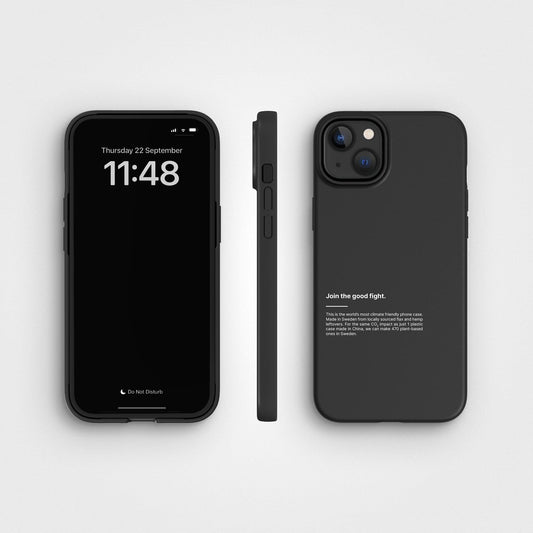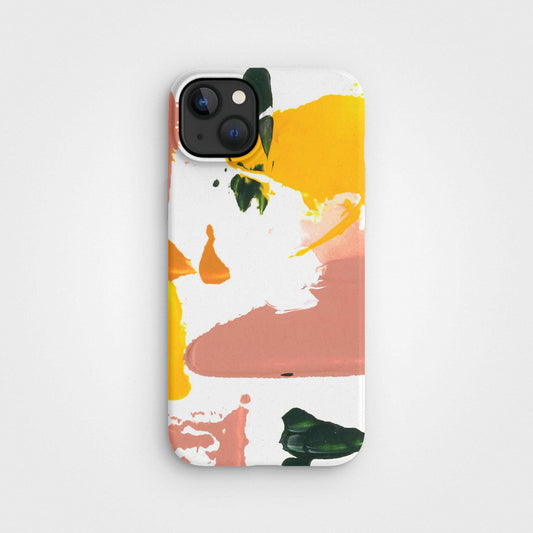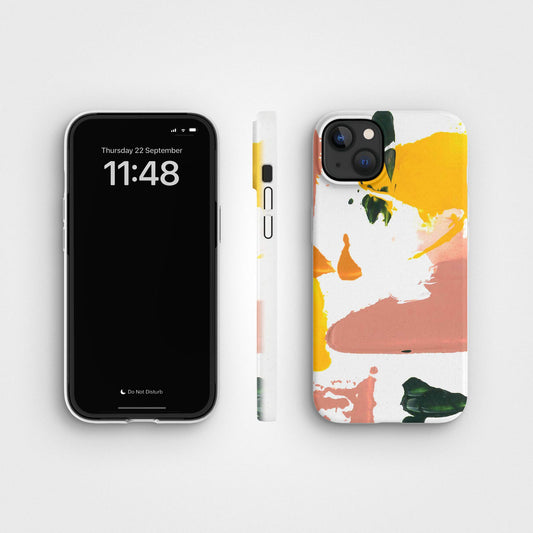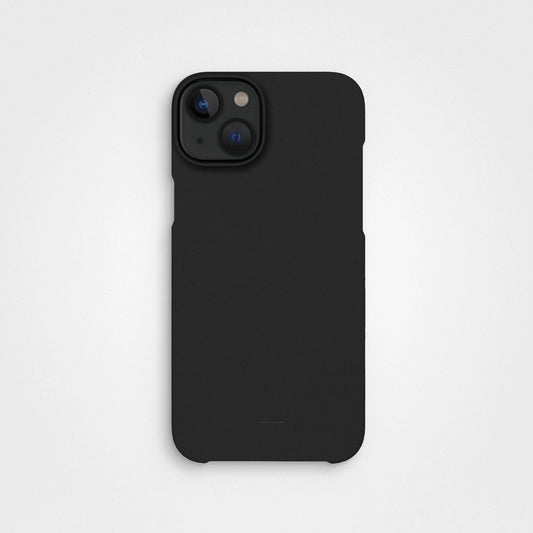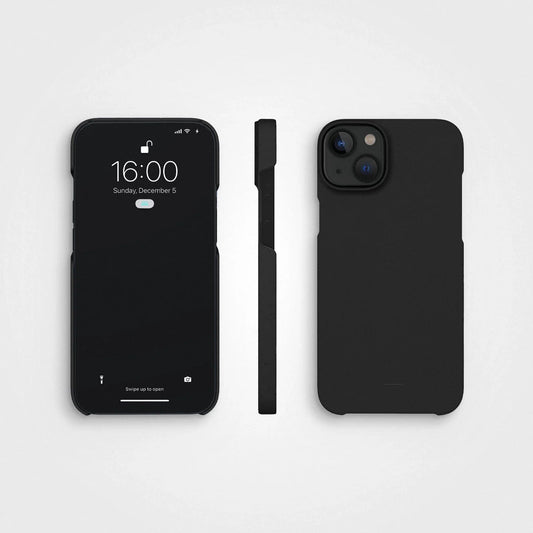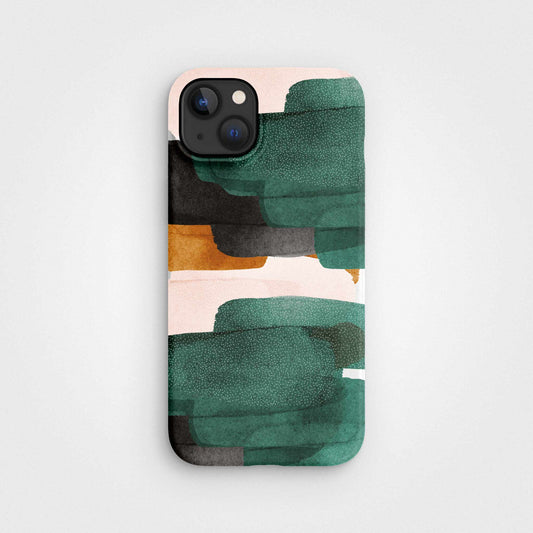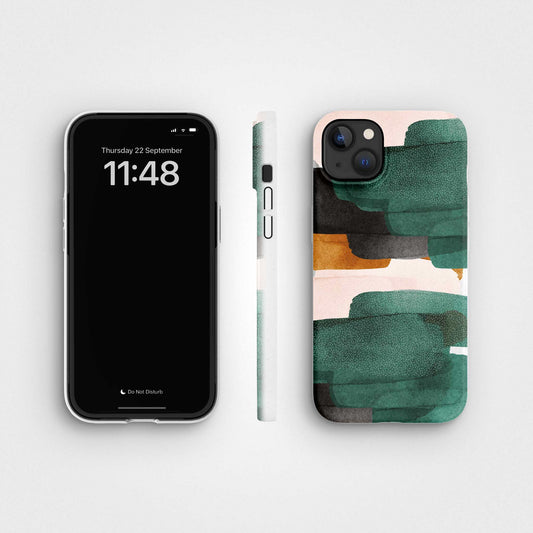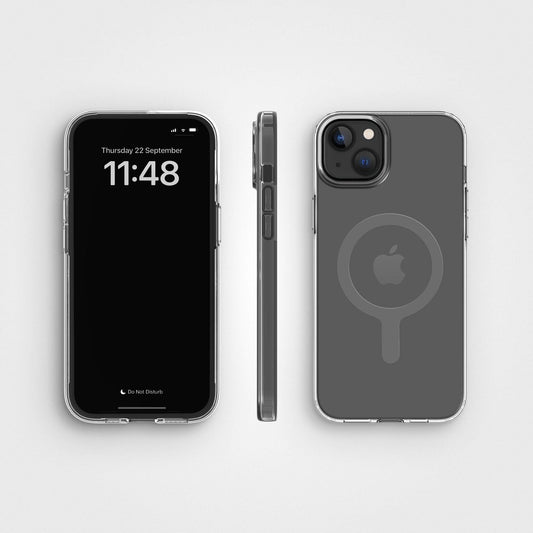Our little blue marble is the only home we got. As we left it to head out into space we began to realise that.
Exploring what’s around us is part of what makes us human. In the 15th Century, we invented the telescope. 600 years later we left our planet and landed on the moon. Many predicted that, by now, some us would be living on Mars.
It’s not quite happened yet but we’re still out there exploring, as demonstrated by the recent successes of NASA’s Perseverance mission to Mars and the UAE becoming the first Arab nation to reach the red planet.
But what does space exploration have to do with climate change? Well, quite a lot actually.
A world with no borders
A total of 568 people from 41 countries have had the privilege of viewing the Earth from space with their own eyes. Astronauts describe this experience as the “overview effect”—a profound awareness of the Earth as one borderless, interconnected system, at once breathtaking and fragile.
It’s no surprise that, upon their return to Earth, many space travellers dedicate their lives to protecting it. Who doesn’t feel moved when they see Bill Anders’s famous ‘Earthrise’ shot of our little blue planet glistening in the sunshine, “a brilliant jewel in the black velvet sky” to quote Buzz Aldrin?
The photo became inspirational as, two years after it was taken, 20 million people turned out for the first ever Earth Day.
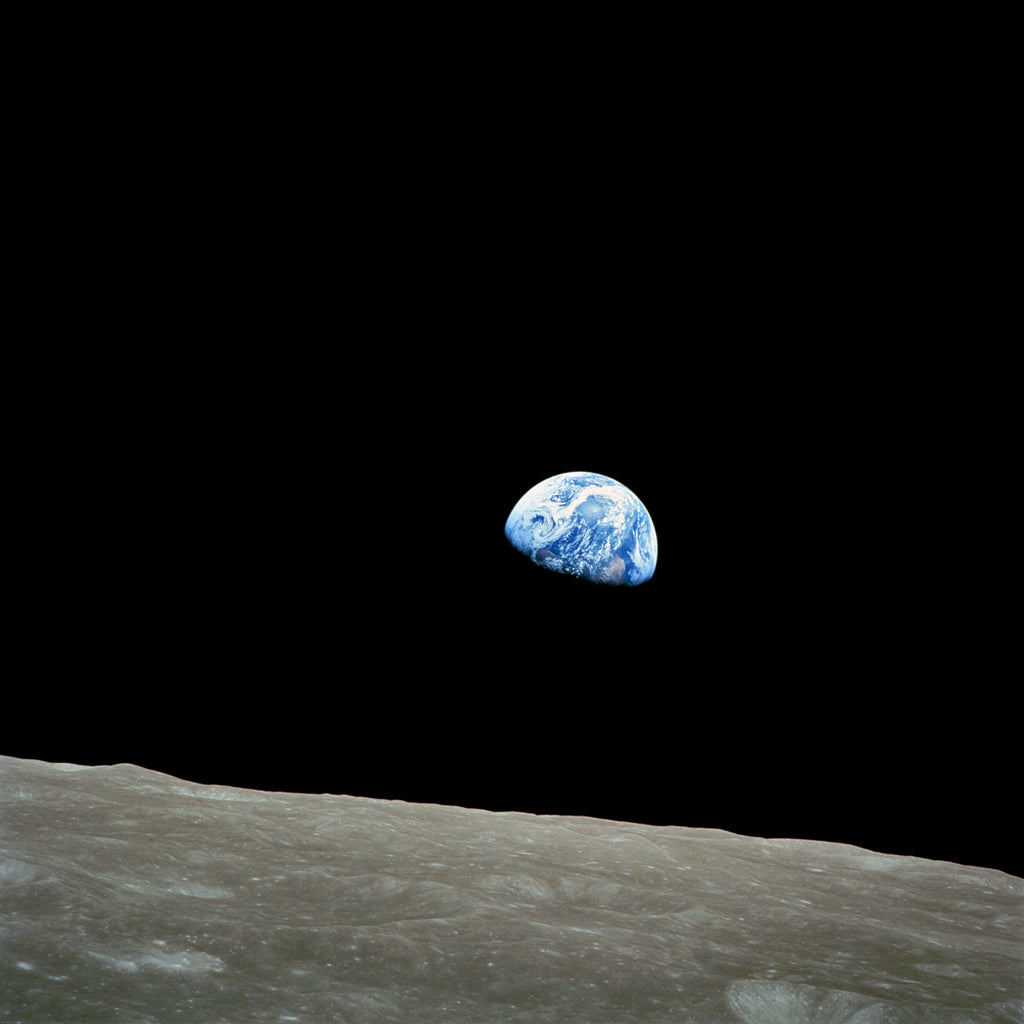
“We came all this way to explore the Moon, and the most important thing is that we discovered the Earth.” - Bill Anders
As well as inspiring activist movements and individuals alike, our adventures into space have resulted in the development of important technologies and enabled studies that are crucial in our understanding of how the Earth’s complex array of systems work.
Spending time in the clouds
Space agencies spend a lot of time up in the clouds, sometimes literally. NASA is currently flying around cloud formations above the North Atlantic Ocean to study their impact on the climate in relation to pollution. It was also NASA that spotted the hole in the ozone layer over the South Pole back in 1987!
Space exploration has given us GPS, semiconductor solar cells and, a blessing for kids everywhere, invisible braces. As anyone who ever had to wear braces can attest to, giving clever people time and resources to work on problems is a worthwhile investment.
Satellites, rocketed into orbit by various space agencies around the world, are key to monitoring and predicting the impacts of climate change. Putting them there, and maintaining them, is a team effort, subjected to but ultimately transcending terrestrial political disagreements.

We’re all Earthfriends in space
The original space race pitted the US against the Soviet Union, what is now Russia. These superpowers have never been great friends but, when it comes to space at least, they can cooperate.
The International Space Station is the most expensive thing we’ve even built (coming in at a cool $100 million) and a marvel of technology. It represents a complex partnership between the US and Russia, as well as many European nations, Japan, and Canada. Therefore, it is as much a human achievement as a technological one.
Projects such as this help to forge partnerships between nations that will be necessary for future space missions, as well as international scientific and political cooperation around issues such as climate change.

The International Space Station is truly international!
To infinity and beyond
Who’d have predicted that us going to space would be so important for saving the Earth? Whilst, alas, most of us will never make it there, we can support the efforts of those that have been and who risk their lives, out in space and down here, to carry out research and conservation work that benefits us all.
Check out the top ten ways to reduce your carbon footprint according to some research by our favourite climate scientists.
~
We hope you found this fun and informative. If you have an opinion you'd like to share regarding the above, or anything at all really, please reach out to Emilia Cullborg at ecullborg@agood.com or hit us up on our Insta.


